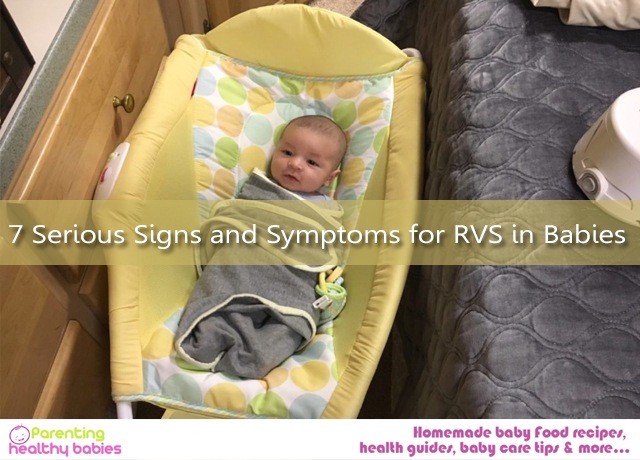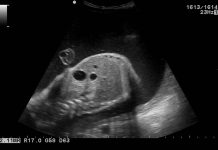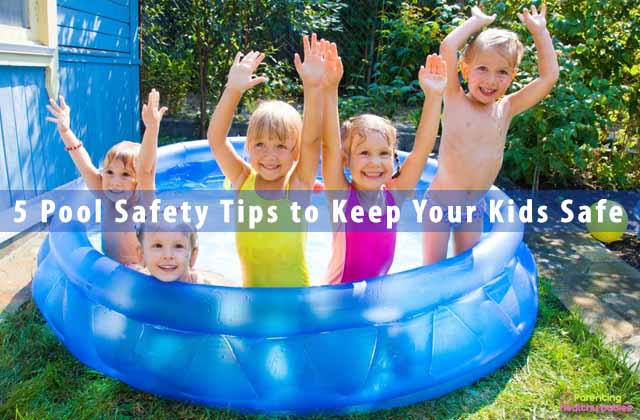Respiratory syncytial virus is a common virus affecting babies. It causes infection in the under developed respiratory tract of the baby. Its prevalence is common for the 2nd age group children. It gives symptoms of cold and common flu for greater number of children while for few others it causes serious respiratory tokens like bronchitis, pneumonia and inflammation of the air pathways in lungs. While it is likely to affect every child, the once at higher risk are:
- Prematurely born babies
- Babies with compromised and weak immune system
- Babies born with congenital or any other respiratory passage disease
These are present in the droplets when sneezed and can relentlessly ne present on hands and clothes. Therefore it is highly contagious various and spreads by simple contact or droplets. So every baby once in while acquires its infection. The infection often happen in late falls till early springs. Symptoms include:
7 Serious Signs and Symptoms for RVS in Babies
1. Cough
Cough is a sudden and often repetitively occurring, protective reflex, which helps to clear the large breathing passages from fluids, irritants, foreign particles and microbes. Infection by the RSV can cause regular coughing with different color mucous according to severity.
2. Fever
Most fever is beneficial, causes no issues, and helps the body fight infections. The main reason to treat a fever is it causes discomfort and leads to inactivity. Fever is the result of an immune response by thebody by a foreign invader. Foreign invaders include viruses, bacteria, fungi, drugs, or other toxins. Children under 3 months of age with a temperature of 100.4 F (38.0 C) or greater should be seen by a health care professional. It is the most common symptom in RSV infection. It is advised to keep regular check on the increasing temperature as it can be dangerous if it exceeds much.
3. Irritability, Sluggish or inactive state
If your baby is always sleepy, lazy and whining it is but obvious for you to be concerned. Do not panic as this too is a direct symptom of RSV infection. It’s the virus doing it. It is indefinite in a virus infections.
4. Runny nose
nasal stuffiness and running nose cannot be ruled out either.
5. Sneezing
A sneeze, or sternutation, is a semi-autonomous, forcefully expulsion of air from the lungs through the nose and mouth, usually caused by foreign particles irritating the nasal mucosa. It is an involuntary spasmodic action of the respiratory muscles. Hence is common in RSV infection.
6. Trouble breathing
herein the child will prefer to sit up rather than to lie down.
7. Wheezing sound while breathing due to blockade in the nasal passage.













